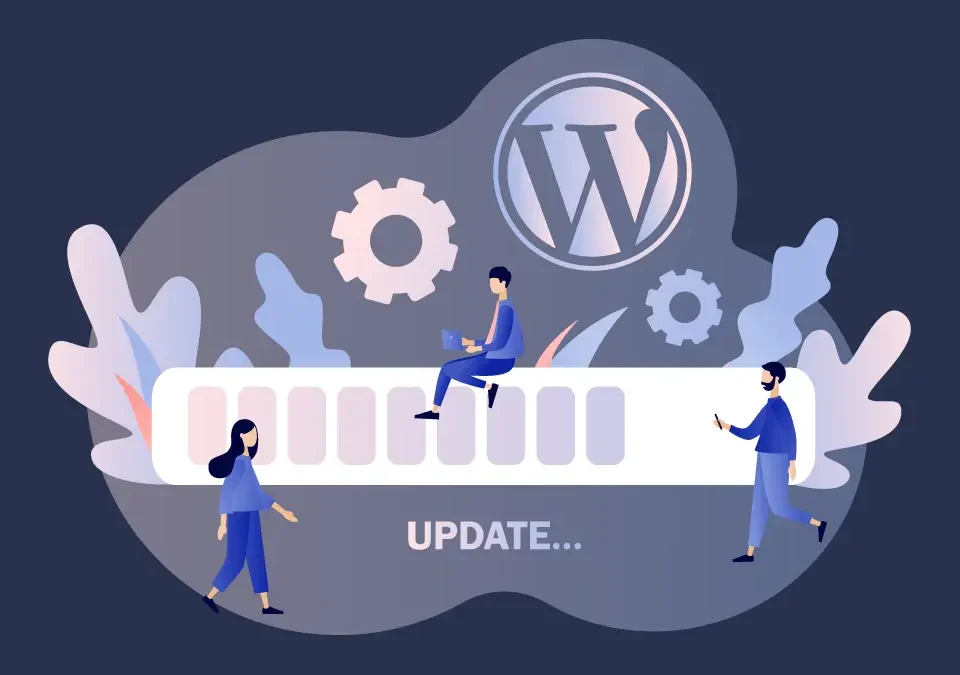WooCommerce and Magento have both seen massive growth over the last few years mainly due to their strong community support. Both have their Pros and Cons but WooCommerce has hit the sweet-spot for me.
Before choosing any software, I’ve always looked at “what business problem” we are trying to fix. Only after that is known, do I consider what software and features I need. When I am working on a eCommerce solution, more often than not, WooCommerce fits the bill nicely. The combination of WordPress and WooCommerce just seems to work well for clients and me as a developer.
Here are my main reasons why WooCommerce is my eCommerce solution of choice.
Solid Foundation
WordPress is the most popular content management system in the world. I have deployed many WordPress sites over the years and it has stood up to the challenge. Although it started off being a simple open source blogging platform, it has since evolved into an extremely powerful and feature system that requires very little resources and hosting requirements.
Besides powering millions of websites around the world, the capabilities of the software have been extended by the thousands of plugin developers and premium theme developers who themselves have created viable businesses serving the WordPress community.
So with WordPress you get a great looking business website that search engines love and with WooCommerce you get a great bolt-on eCommerce solution rolled into one.
WooCommerce Works
It is speculated that there are over 1 million WooCommerce sites on the Internet and there is strong community support. This means that you will always have choices in who you turn to for support. I originally standardized on an alternate plugin called Shopp but dropped supporting it about 2 years ago when they changed their contract and support terms.
If it did not work it simply would not be deployed by so many sites.
As a user of WooCommerce I have observed the rapid growth in the number of theme designers choosing to directly support WooCommerce. The best example of this is the number of themes available at Themeforest http://themeforest.net/category/wordpress/ecommerce/woocommerce
Cost of ownership
WooCommerce itself is free and it has tremendous power and capability. However, every business will likely require a different set of requirements. So in most cases you will want to use additional WooCommerce extensions and plugins which are purchased commercially. In the end you are likely to be paying $500-$800/year for a WooCommerce site that supports your business requirements and gives you all the power and flexibility you need.
But with power comes complexity. Shipping? Taxes? Variable products? and then there is the task of populating your cart with products, managing stock and specials etc. There’s a lot to learn, so don’t under-estimate the cost of learning and day to day cost of managing the products. Depending on how many products you have, you have to allocate a sufficient amount of time throughout the week to maintain them, stock control, variations, prices, specials etc.
It may make good business sense to outsource this entire task as you may need to allocate a significant amount of time. In the end its a cost to your business, whether you put in the time yourself or you pay someone else to do it for you.
Don’t get misdirected in thinking that, since WooCommerce is free, you cost of running your site is free.
WooCommerce is Scaleable
The common mis-perception is that WordPress eCommerce sites are ok for small businesses but really big sites need enterprise level software to run on. Well that is just not the case. Just recently I setup a site that has over 3,000 products.
With the right hosting, right advice on what additional plugins and extensions you need backed with solid support, WordPress and WooCommerce can scale beautifully.
Large enterprises can gain an advantage using WordPress by getting a site live quickly and start iterating features immediately rather than getting caught in the long development and implementation cycles so typical of large enterprise software projects.
If you are interested in WooCommerce check it out at http://www.woothemes.com/woocommerce/




